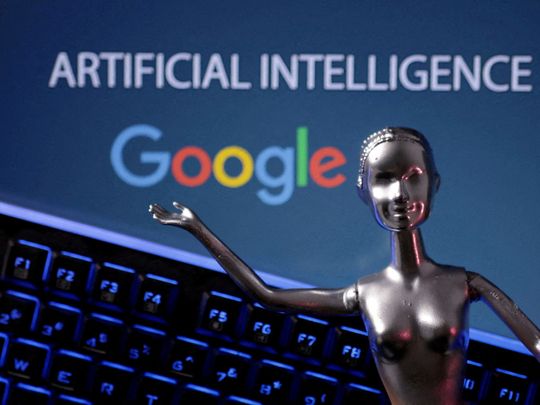
Google recently revealed several enhancements to its generative AI-powered Search experience. The upgraded system now boasts the ability to provide answers to queries related to places users may be interested in visiting and products they are considering purchasing.
By leveraging its generative AI capabilities, Google aims to offer more personalized and informative search results to users. However, these advancements have raised concerns about the potential impact on traditional search methods and the ability to meet users’ expectations for reliable and relevant search outcomes.
As generative AI becomes more sophisticated, some individuals question whether this technology can fully replace traditional search methods that rely on algorithms and human-curated information. The concerns primarily revolve around the reliability and accuracy of generative AI-powered results, as well as the potential biases that could be introduced.
While generative AI offers the advantage of providing personalized recommendations based on user preferences, there is a need to strike a balance between customization and delivering unbiased and objective information. Meeting user expectations for reliable, relevant, and unbiased search results remains a critical aspect of search engine performance.
As Google continues to refine its generative AI-powered Search experience, it will be crucial for the company to address these concerns and ensure transparency in how search results are generated. Additionally, ongoing evaluation and user feedback will play a vital role in refining and optimizing the system to deliver the most satisfactory search experience.
The evolution of AI-powered search technologies presents both opportunities and challenges for search engine providers as they strive to maintain user trust and deliver accurate and valuable information in an increasingly dynamic digital landscape.
Last Updated on: Saturday, June 17, 2023 8:19 am by Anu Priya | Published by: Anu Priya on Saturday, June 17, 2023 8:19 am | News Categories: Business, Tech
About Us: Business Byte covers a wide range of topics, including India news, business updates, startup insights, technology trends, sports, entertainment, lifestyle, automobiles, and more, led by Editor-in-Chief Ankur Srivastava. Stay connected on Website, Facebook, Instagram, LinkedIn, X (formerly Twitter), Google News, and Whatsapp Channel.
Disclaimer: At Business Byte, we are committed to providing accurate, reliable, and thoroughly verified information, sourced from trusted media outlets. For more details, please visit our About, Disclaimer, Terms & Conditions, and Privacy Policy. If you have any questions, feedback, or concerns, feel free to contact us through email.
Contact Us: businessbyteofficial@gmail.com || ankursri983@gmail.com